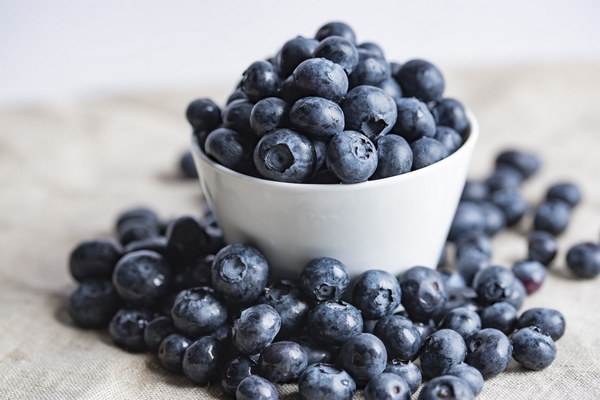Coffee A Drink That Can Either Age You or Preserve Your Youth - The Controversy Unveiled
Introduction:
Coffee, an integral part of many people's daily routines, has been a subject of debate regarding its impact on aging. While some believe it accelerates the aging process, others argue that it possesses anti-aging properties. This article delves into the ongoing controversy surrounding coffee and its effects on aging, providing insights into the scientific research and expert opinions.
Section 1: The Aging Perspective
Coffee, with its high caffeine content, has been linked to increased oxidative stress in the body. Oxidative stress is a process that occurs when the body's antioxidant defenses are overwhelmed, leading to cell damage and aging. Studies have shown that excessive coffee consumption can lead to increased production of free radicals, which are unstable molecules that can damage cells and accelerate the aging process.
Moreover, coffee consumption has been associated with a higher risk of certain age-related diseases, such as cardiovascular disease and diabetes. These conditions can contribute to premature aging, impacting both physical and mental health. Additionally, excessive caffeine intake can disrupt sleep patterns, leading to fatigue and stress, which further exacerbate the aging process.
Section 2: The Anti-Aging Perspective
On the flip side, coffee has been hailed as a beverage that can promote longevity and slow down the aging process. The primary reason behind this belief is the presence of antioxidants in coffee. Antioxidants combat free radicals, protecting cells from damage and reducing the risk of age-related diseases.
Research has shown that coffee contains a variety of antioxidants, such as chlorogenic acid, caffeic acid, and quercetin. These antioxidants have been found to improve heart health, boost cognitive function, and reduce inflammation, all of which contribute to a healthier aging process. Furthermore, coffee has been linked to a lower risk of neurodegenerative diseases like Alzheimer's and Parkinson's, which are commonly associated with aging.
Section 3: The Balance Between Benefits and Risks

The debate over coffee's impact on aging boils down to the balance between its benefits and risks. Moderate coffee consumption has been found to be beneficial for most individuals, while excessive intake can lead to adverse effects. The key is to find the right balance and consider individual factors such as genetics, lifestyle, and overall health.
To maximize the potential benefits of coffee, it is recommended to consume it in moderation, limit the addition of high-calorie sweeteners and creamers, and opt for a cup of black coffee whenever possible. Additionally, pairing coffee with a healthy diet and regular physical activity can further enhance its anti-aging effects.
Conclusion:
The controversy surrounding coffee's impact on aging is far from settled. While some studies suggest that excessive coffee consumption can accelerate the aging process, others point to its anti-aging properties. The truth lies in the balance between benefits and risks, emphasizing the importance of moderate consumption and considering individual factors. By doing so, coffee can be a delightful addition to a healthy lifestyle, potentially promoting longevity and preserving youth.









